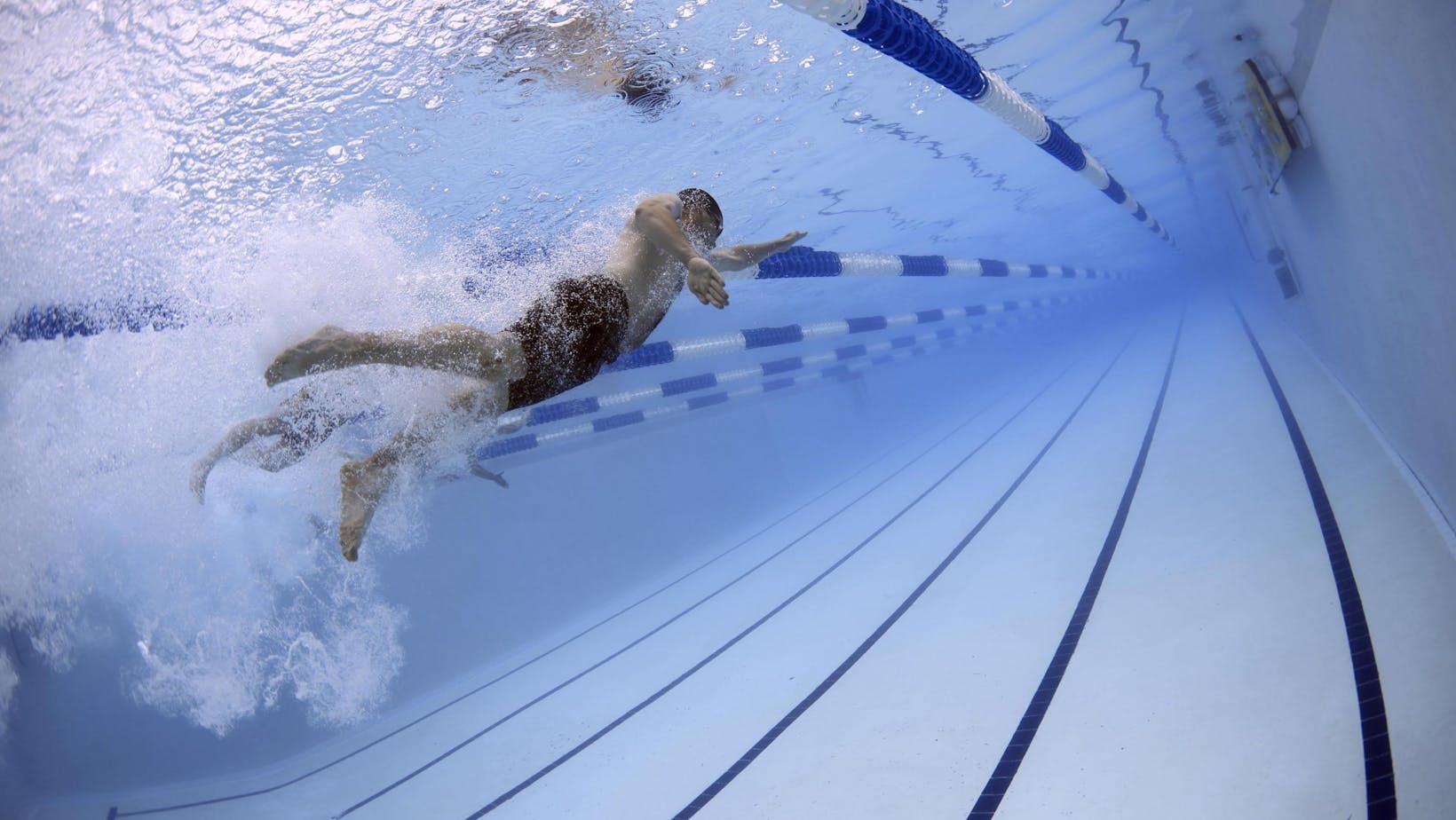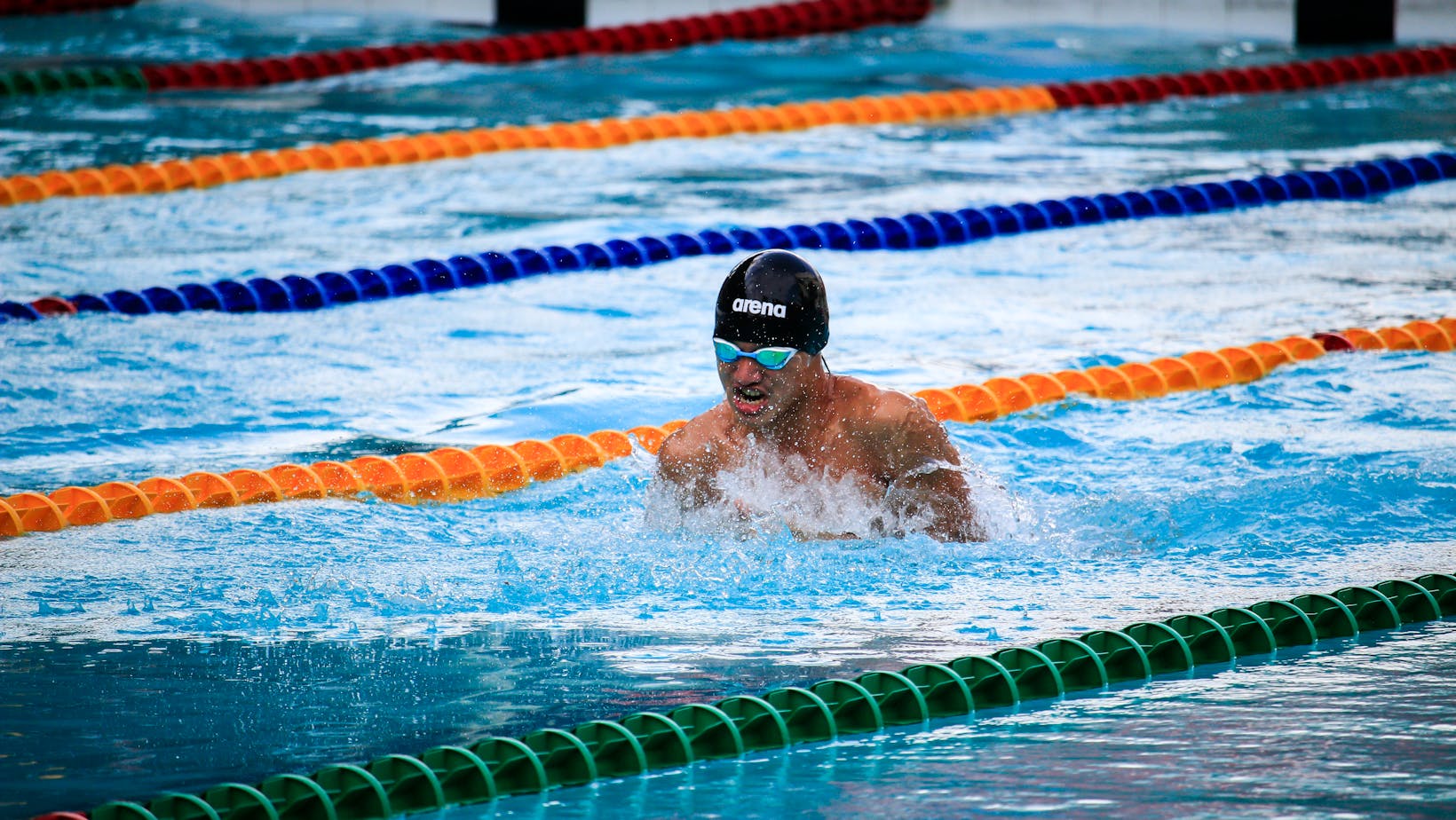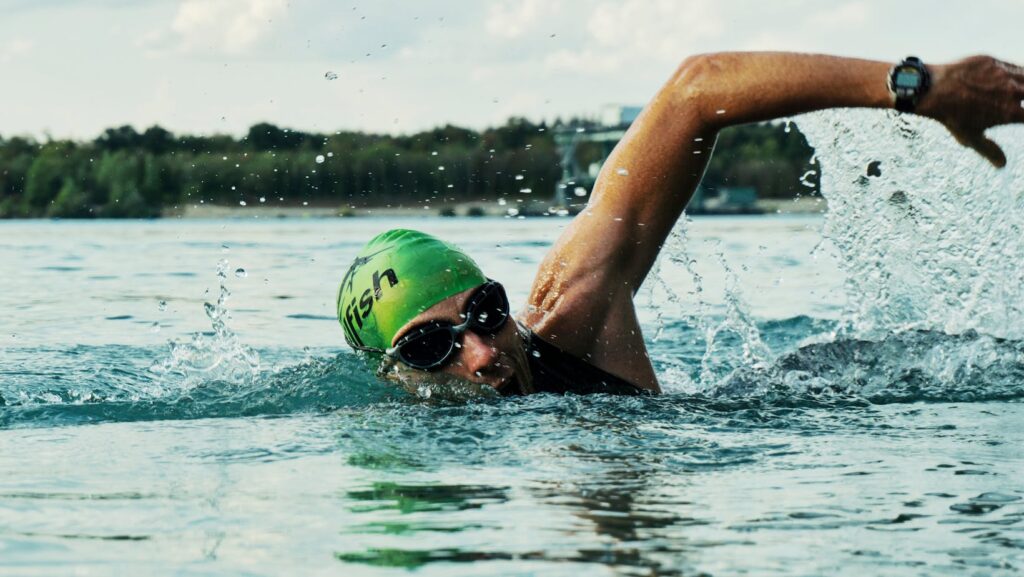Swimming is a fantastic full-body workout with numerous health benefits, from improving cardiovascular endurance to building lean muscle mass.
However, not all swimmers respond to training in the same way.
Have you ever wondered why some swimmers progress faster than others, even when following similar training regimens?
The answer may lie in their DNA.
Recent advancements in genetic testing have opened up new possibilities for optimizing swimming fitness through personalized training plans tailored to an individual’s unique genetic profile.
The Role of Genetics in Athletic Performance
Our genes play a significant role in determining our athletic potential and how our bodies respond to various types of exercise. Genetic variations can influence muscle fiber composition, oxygen uptake, and recovery time.
For example, some individuals may have a higher proportion of slow-twitch muscle fibers, which are more efficient at using oxygen and better suited for endurance activities like long-distance swimming. Others may have a higher percentage of fast-twitch muscle fibers, which are more powerful and explosive, making them better suited for sprinting events.
Understanding Your Genetic Profile
DNA testing for athletic performance involves analyzing specific genetic markers associated with physical traits and exercise response. You can gain insights into your genetic predispositions related to muscle strength, endurance, injury risk, and recovery by providing a saliva sample.
This information can be incredibly valuable in designing a personalized training plan that aligns with your unique genetic profile, allowing you to optimize your swimming fitness journey.
Personalized Training Plans: The Key to Unlocking Your Potential
One of the most exciting applications of DNA testing in swimming is the development of personalized training plans.
By understanding your genetic strengths and weaknesses, coaches and trainers can create targeted workouts that focus on areas where you have the greatest potential for improvement.
For instance, if your genetic profile suggests a higher capacity for endurance, your training plan may emphasize longer, slower-paced sets to build your aerobic base. Conversely, if your genes indicate a propensity for power and speed, your workouts may include more high-intensity intervals and explosive drills.
Among the companies leading the charge in DNA-based fitness solutions is GENEFIT, an innovative company that offers comprehensive genetic testing and analysis.
GENEFIT provides athletes with actionable insights to optimize their training and performance by partnering with experienced coaches and sports scientists to help swimmers of all levels unlock their full potential through personalized training plans based on their unique genetic makeup.
Injury Prevention and Recovery
Another significant benefit of DNA testing for swimmers is its potential to reduce the risk of injury and enhance recovery. Genetic variations can make individuals more susceptible to specific injuries, such as shoulder impingement or knee problems.
By identifying these predispositions early on, swimmers can take proactive measures to prevent injuries, such as incorporating targeted strengthening exercises or modifying their technique.
Additionally, understanding your genetic profile can help optimize post-workout recovery strategies, ensuring that you give your body the right nutrients and rest to promote muscle repair and adaptation.
Nutrition and Supplementation
DNA testing can guide nutrition and supplementation strategies for swimmers in addition to personalized training plans.
Genetic variations can affect how our bodies process and utilize different nutrients, such as carbohydrates, fats, and proteins. By understanding your genetic predispositions related to nutrient metabolism, you can make informed choices about your diet and supplement regimen.

For example, if your genetic profile suggests a higher carbohydrate sensitivity, you may benefit from a diet that emphasizes complex carbs and fiber to maintain stable blood sugar levels and optimize energy production.
Mental Performance and Resilience
While physical training is crucial for swimming success, mental performance, and resilience are equally important. Interestingly, DNA testing can also provide insights into genetic factors influencing mental traits such as stress response, motivation, and adaptability.
By understanding your genetic predispositions related to mental performance, you can develop targeted strategies to enhance your mental toughness and resilience in the face of challenges. This may involve incorporating mindfulness practices, visualization techniques, or stress management tools into your training routine.
The Future of Swimming Fitness
As DNA testing becomes more accessible and affordable, it is poised to revolutionize the world of swimming fitness. In the near future, personalized training plans based on genetic profiles may become the norm rather than the exception.
Coaches and athletes will have access to unprecedented levels of data and insights, allowing them to fine-tune their training strategies and unlock new levels of performance. Additionally, advances in genetic research may lead to the identification of new genetic markers associated with swimming success, further refining the precision of personalized training plans.
Ethical Considerations
While the potential benefits of DNA testing for swimming fitness are significant, it is important to consider the ethical implications of this technology. Genetic information is highly personal and sensitive, and athletes must have the right to privacy and control over how their data is used. It is crucial for companies offering DNA testing services to prioritize data security and obtain informed consent from athletes before collecting and analyzing their genetic information.
Additionally, there may be concerns about the potential for genetic discrimination in the world of sports, where athletes with “favorable” genetic profiles could be given preferential treatment or opportunities. It is essential for the swimming community to engage in ongoing discussions about the ethical use of genetic information in sports and to develop guidelines that promote fairness and inclusivity.
Getting Started with DNA Testing
If you’re interested in exploring how DNA testing can revolutionize your swimming fitness journey, the first step is to research reputable companies that offer genetic testing services specifically tailored to athletes.
Look for companies that partner with experienced coaches and sports scientists to provide actionable insights and personalized training plans. Before choosing a provider, carefully review their privacy policies and data security measures to ensure that your genetic information will be handled responsibly.
Once you’ve selected a provider, the process of DNA testing is relatively simple. You’ll typically be asked to provide a saliva sample, which will be analyzed in a laboratory to identify specific genetic markers associated with athletic performance.
The results of your genetic analysis will be used to create a personalized report that highlights your unique strengths, weaknesses, and predispositions related to swimming fitness. From there, you can work with a coach or trainer to develop a customized training plan that aligns with your genetic profile and helps you achieve your swimming goals.
Conclusion
DNA testing is a game-changer for swimming fitness, offering athletes unprecedented insights into their unique genetic makeup and the opportunity to optimize their training and performance.
By understanding your genetic strengths and weaknesses, you can develop personalized training plans that help you unlock your full potential in the pool. Companies like GENEFIT are at the forefront of this revolution, providing comprehensive genetic testing and analysis services to help swimmers of all levels achieve their goals.

As the science of genetics continues to advance, the possibilities for personalized training and performance optimization in swimming are endless. By embracing DNA testing as a tool for self-discovery and targeted training, swimmers can take their fitness journey to new heights and achieve remarkable results.
Whether you’re a competitive athlete striving for gold or a recreational swimmer looking to improve your health and well-being, DNA testing can provide the insights and guidance you need to succeed. So why not dive in and explore how your unique genetic profile can revolutionize your swimming fitness journey?

Meet Sally, the health blogger who believes that laughter really is the best medicine, except when it comes to treating a hangnail. Sally’s approach to wellness involves a healthy dose of humor, mixed with practical advice that doesn’t take itself too seriously. Whether she’s discussing the virtues of kale smoothies or her latest attempt at meditating without falling asleep, Sally’s blog is your go-to for a giggle and genuine health tips.

